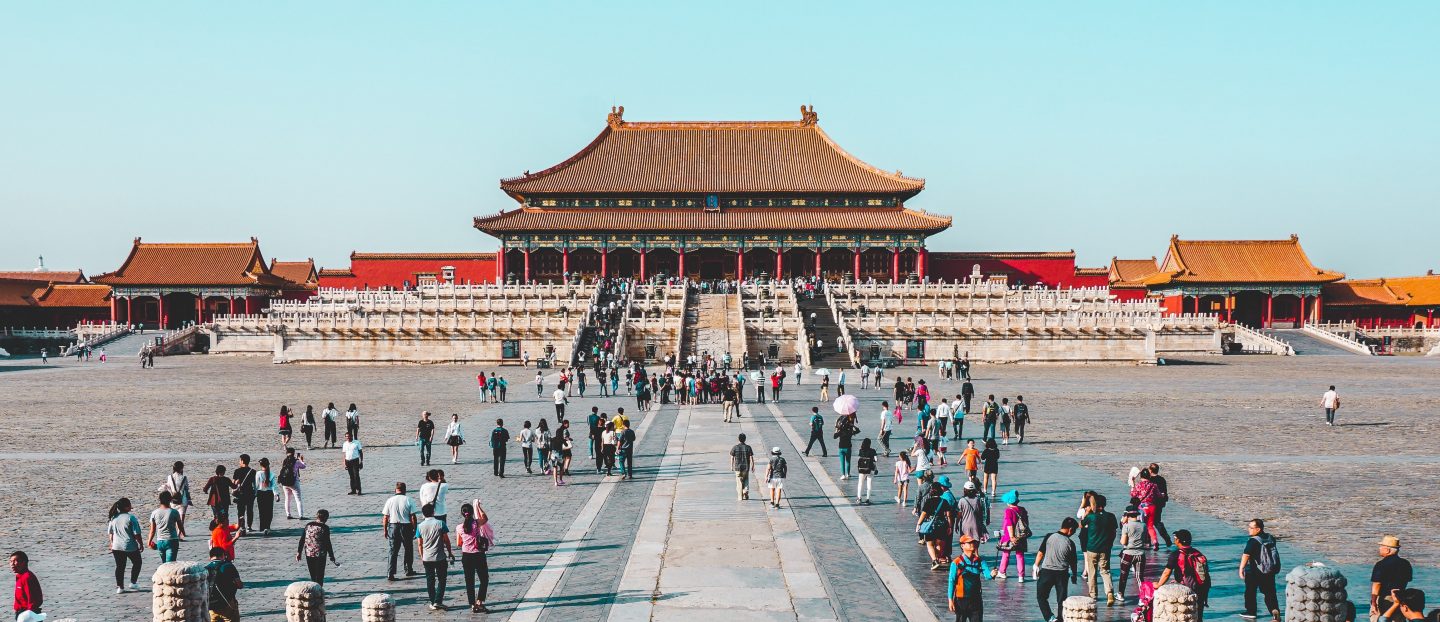China’s earliest known hymn dates back to the Tang Dynasty
ChinaSource // September 13, 2019, 2:57 pm

Photo by Ling Tang on Unsplash
Hymns are songs that Christians use to praise God in worship or during devotionals. There are currently numerous editions of hymnals. There are both traditional classical hymns, as well as worship music written by contemporaries, which together enrich the religious lives of many Christians.
Few realise that the Chinese church birthed its earliest hymn long ago in the Tang Dynasty (618 to 906 AD), when the Jingjiao (Nestorians) came to proselytise in China.
Missionaries such as Alopen and Jingjing who came to China in the Tang Dynasty proceeded to translate into Chinese the Glories, the Praise, and other hymns chanted during services in Eastern churches, so that Chinese believers could praise and do devotionals.
Theories behind the names
To help Chinese believers better understand doctrine, they used a fair amount of Buddhist or Taoist vocabulary. For example, “the merciful father A-luo-he” (heavenly father Jehovah); “Mi-shi-he the great divine Son honoured by all” (Jesus Messiah, God the Son), “the Pure Wind King” (Holy Spirit), “the merciful and joyous Lamb” (Lamb of God), etc.
China’s earliest-known hymn bears witness to the history of the spread of the Gospel in China 1,300 years ago.
Of course, another theory is that such Buddhist sounding vocabulary is actually the Chinese transliteration of Syriac.
Yet, after Nestorianism had circulated in the Tang Dynasty for 210 years, Emperor Wuzong began the Great Anti-Buddhist Persecution. Foreign religions such as Nestorianism, Buddhism, and Zoroastrianism were suppressed.
Due to the fact that Nestorianism did not have a solid foundation among the common people, as well as the Islamification of regions such as the Middle East and Persia, it was difficult for groups of Nestorian missionaries to come to China.
As a result, Nestorianism never revived on Chinese soil after the persecution, and the hymns sung back then were buried in the sands of time.
A discovery
In 1908, French sinologist Paul Pelliot found a scroll of the Da Qin Hymn of Perfection of the Three Majesties in the Mingsha Caves of Dunhuang (“The Three Majesties” refer to the three-in-one Father, Son and Spirit).
After he brought it back to France to study, he found that this was a long-lost Nestorian hymn.
This hymn has been brought back to light as China’s earliest known hymn. It bears witness to the history of the spread of the Gospel in China 1,300 years ago.
Later, after Liang Ji-fang wrote music for the hymn, it was collected into the Chinese New Hymnal published by the China Christian Council, song #385:
Text of the Da Qin Hymn of Perfection of the Three Majesties:
The highest heavens deeply revere and worship you,
All upon earth once again experience peace,
The true nature of humanity has found its resting place—
The merciful Father of all, A-luo-he.
All who are good offer their most sincere reverence,
All who are wise sing praises,
All who know the truth draw close and look up to you,
They receive your merciful light and are saved from the devils.
It is difficult to find such infinite righteousness, truth, and steadfastness—
The merciful Father, bright Son, and purifying Spirit King.
You are the king of kings among all kings.
You will be recognised as lord of all on earth.
You live eternally in an infinite realm,
But your bright authority sees into all bordered states,
From the beginning none have seen you,
But from seeing the visible they know of the Invisible.
Only you are completely pure and moral,
Only you have authority and power without equal,
Only you are unchanged and eternal,
You, the source of all that is good, is without limit.
We now praise your merciful grace,
And are grateful for your wondrous news shining on this country;
Mi-shi-he the great divine Son honoured by all,
You have saved countless millions from the realm of endless suffering.
The immortal merciful and joyous lamb King,
Did not avoid hardships but took on the suffering of all,
To forgive the accumulated sins of all people,
To protect our true nature by paying the price.
The Divine Son sits at the right of the Father,
His throne is far above all.
May the master pray on behalf of all,
And send a raft lest we drift in rivers of flame.
The master is my merciful Father,
The master is my divine lord,
The master is my king,
The master saves all.
The Master’s wisdom and strength help all who are weak,
And all eyes look to you without drifting,
You rain dew on all that are parched,
And all the good roots which are watered will grow.
All honour the great holy Mi-shi-he,
I praise the merciful Father whose love is deep as the sea,
The Great Holy One and the Pure Wind,
Are alike in their sovereignty, holiness, and are beyond our understanding.
This article was first published in Chinese from the Gospel Times publication and was translated by the ChinaSource team. It has been reproduced with permission from ChinaSource.
We are an independent, non-profit organisation that relies on the generosity of our readers, such as yourself, to continue serving the kingdom. Every dollar donated goes directly back into our editorial coverage.
Would you consider partnering with us in our kingdom work by supporting us financially, either as a one-off donation, or a recurring pledge?
Support Salt&Light




